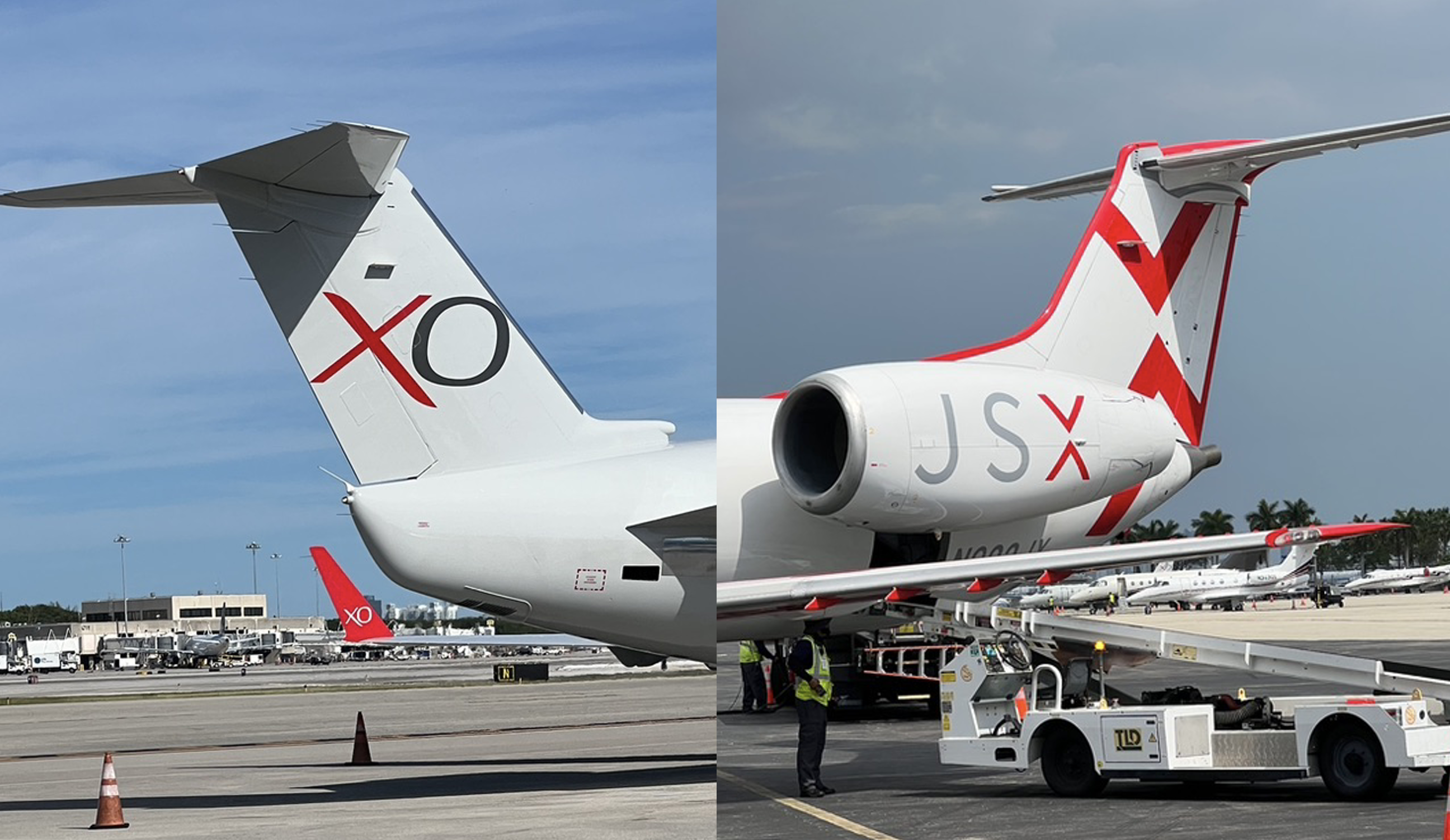
Aero, JSX, and XO by-the-seat shared private jet flights could be impacted by new rules the Federal Aviation Administration is considering.

Seven aviation groups yesterday filed comments with the Federal Aviation Administration regarding its notice proposing revisions to regulations that impact Part 135 charter operators, including those operating by-the-seat flights such as JSX, Vista Global’s XO, and Aero.
Others, including Wheels Up and Jet Linx, allow members to share flights and split costs.
The letter was co-signed by the Airline Passenger Experience Association (APEX), General Aviation Manufacturers Association (GAMA), Helicopter Association International (HAI), International Flight Services Association (IFSA), National Air Transportation Association (NATA), National Association of State Aviation Officials (NASAO) and National Business Aviation Association (NBAA).
In August, the FAA issued a Notice of Intent suggesting potential revisions to the regulatory definitions of on-demand operation, supplemental operation, and scheduled operation flown under 14 CFR Part 110.
According to the group, FAA regulations govern the operations of air carriers, while The Department of Transportation’s Part 380 regulations address economic authority for those offering public charters.
Current regulations allow a Part 380 operator to work with any air carrier, including on-demand carriers operating under Part 135.
JSX, XO, and Aero sell flights on a published schedule under Part 380.
The flights use reconfigured regional jets with 30 or fewer seats and have become popular as they use private terminals instead of main airport terminals.
The more convenient approach means passengers can check in as little as 20 minutes before departure.
JSX has been asking customers to also write in.
It accuses American Airlines and Southwest Airlines, as well as airline unions, of being behind the proposed rule changes, saying changes could put it out of business.
The aviation groups said in a press release, “Today’s comments follow concerns expressed by several associations earlier this year about inaccurate characterizations of Part 135 operators conducting Part 380 public charter flights in response to one carrier’s economic application to the agency to launch such an operation.”
In the letter, the group wrote, “For more than 45 years, Part 135 carriers have operated aircraft safely and reliably on behalf of public charter operators under DOT part 380, unlocking substantial public benefits and providing valuable air transportation to many communities that otherwise would not have commercial air service.
While groups seeking rule changes have couched it as a safety issue, proponents of the status quo note, “We are unaware of any accident or serious incident involving an operation under Part 135 using economic authority granted under Part 380 and involving a jet airplane. No accidents. No incidents.”
The seven groups added, “In an industry where four major airlines control more than 80% of the domestic market, Part 380 provides much-needed competition in a highly concentrated marketplace, often ensuring secondary markets and small communities continue to have options for meeting the air transportation needs of their citizens.”
In his email to customers, JSX CEO Alex Wilcox wrote, “Hiding behind baseless allegations and fearful of competition and innovation, these companies are trying to outlaw small air carriers, like JSX, that care about providing you with much-needed choice and high-quality service.”
He pointed to the Dallas market, where JSX uses its own terminal at Love Field.
Wilcox wrote Southwest has a 96% market share at the airport. American Airlines has 86% of the market at DFW.
Read the letter:
Private Jet Card Comparisons 20231013-Industry-Letter-Docket-FAA-2023-1857-Notice-of-Intent (1)